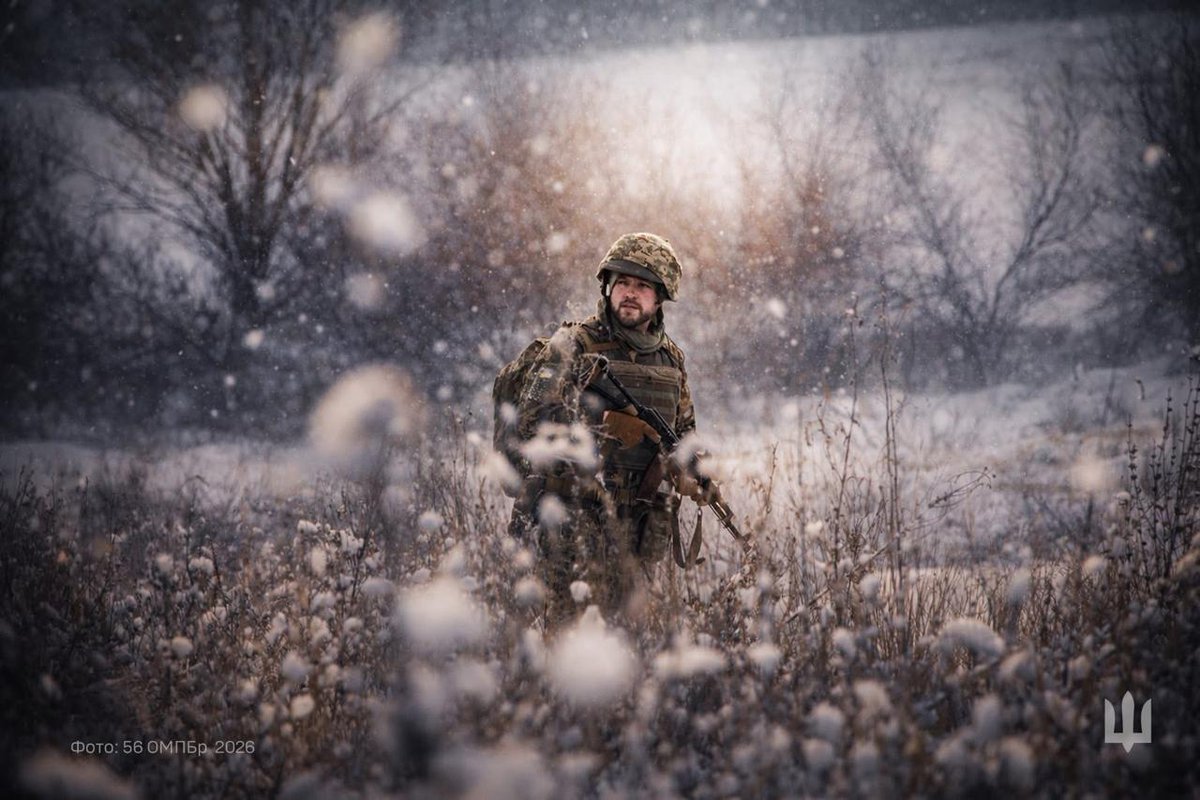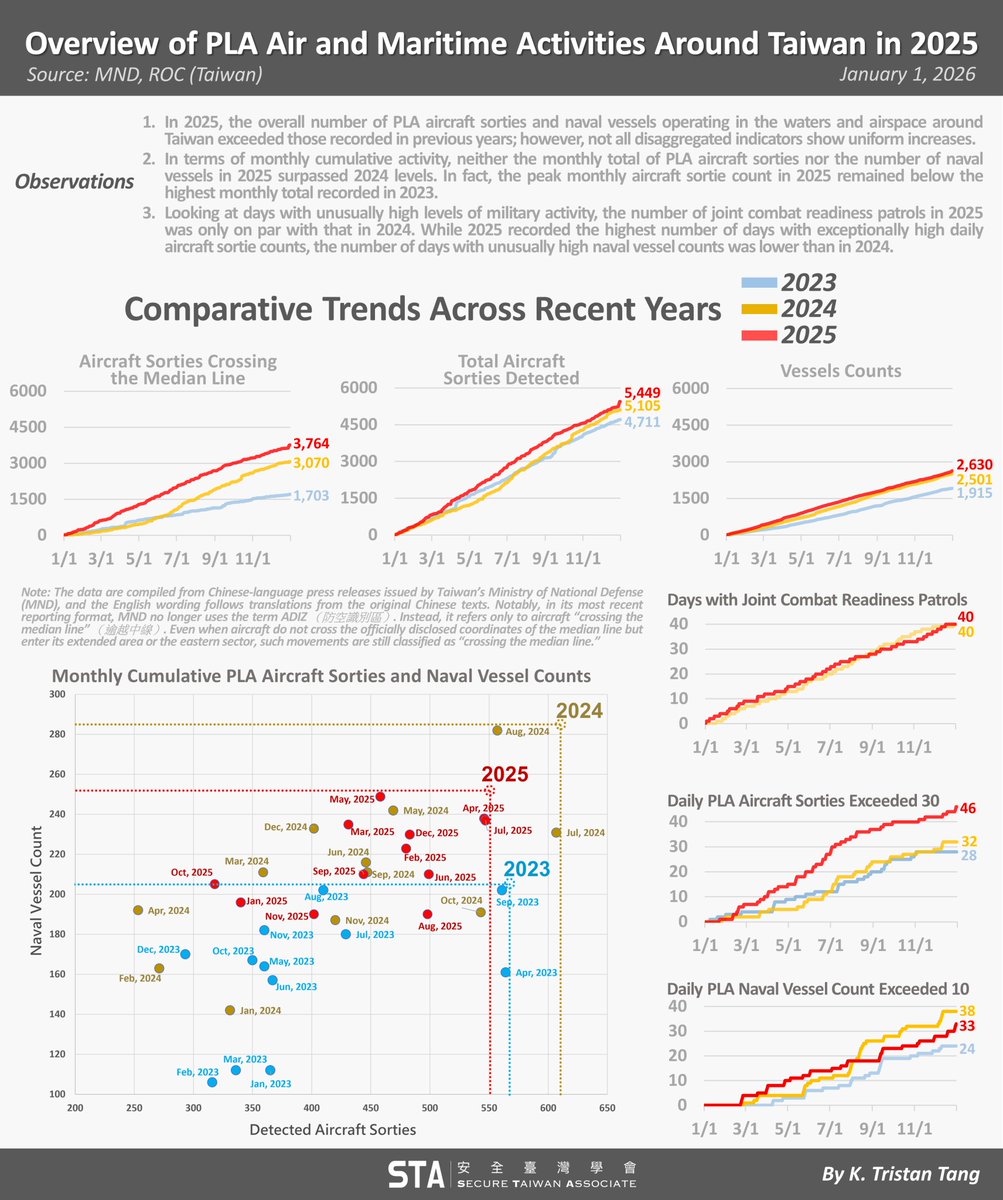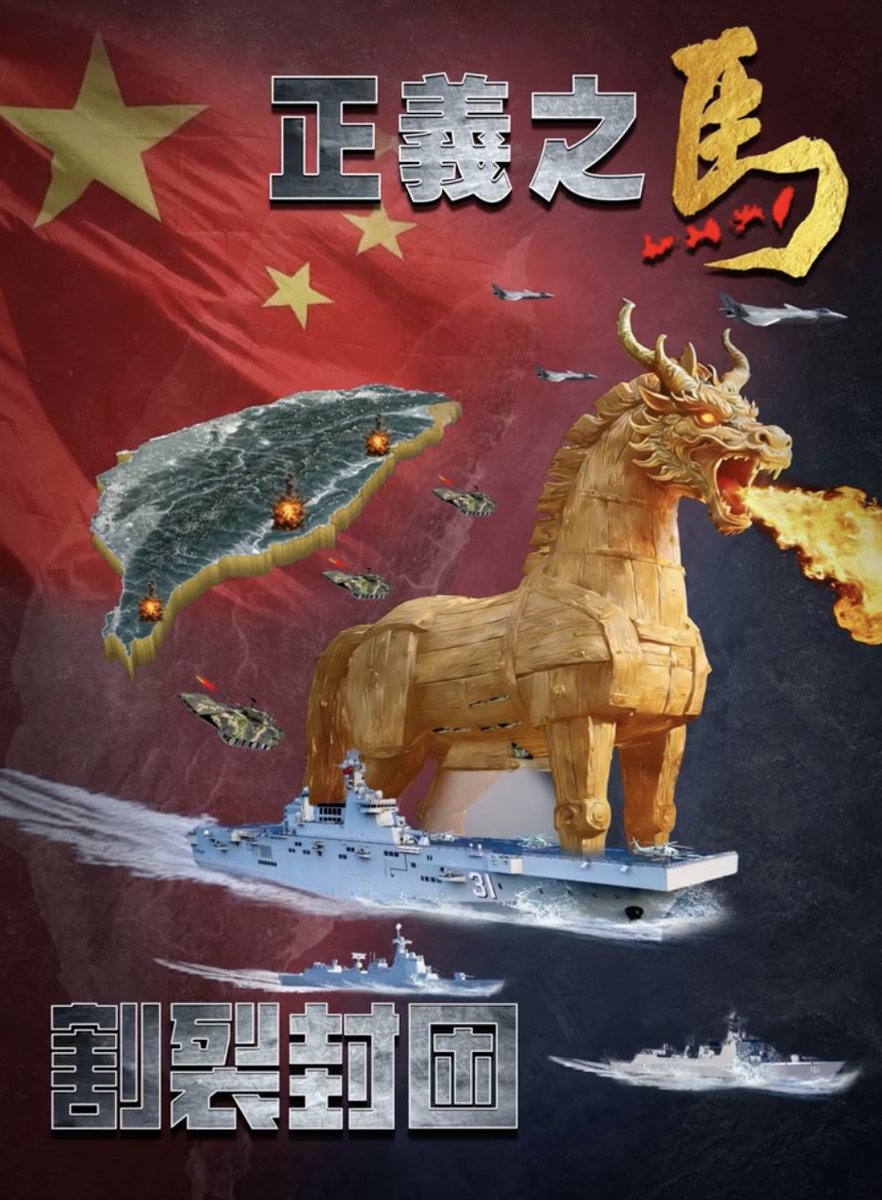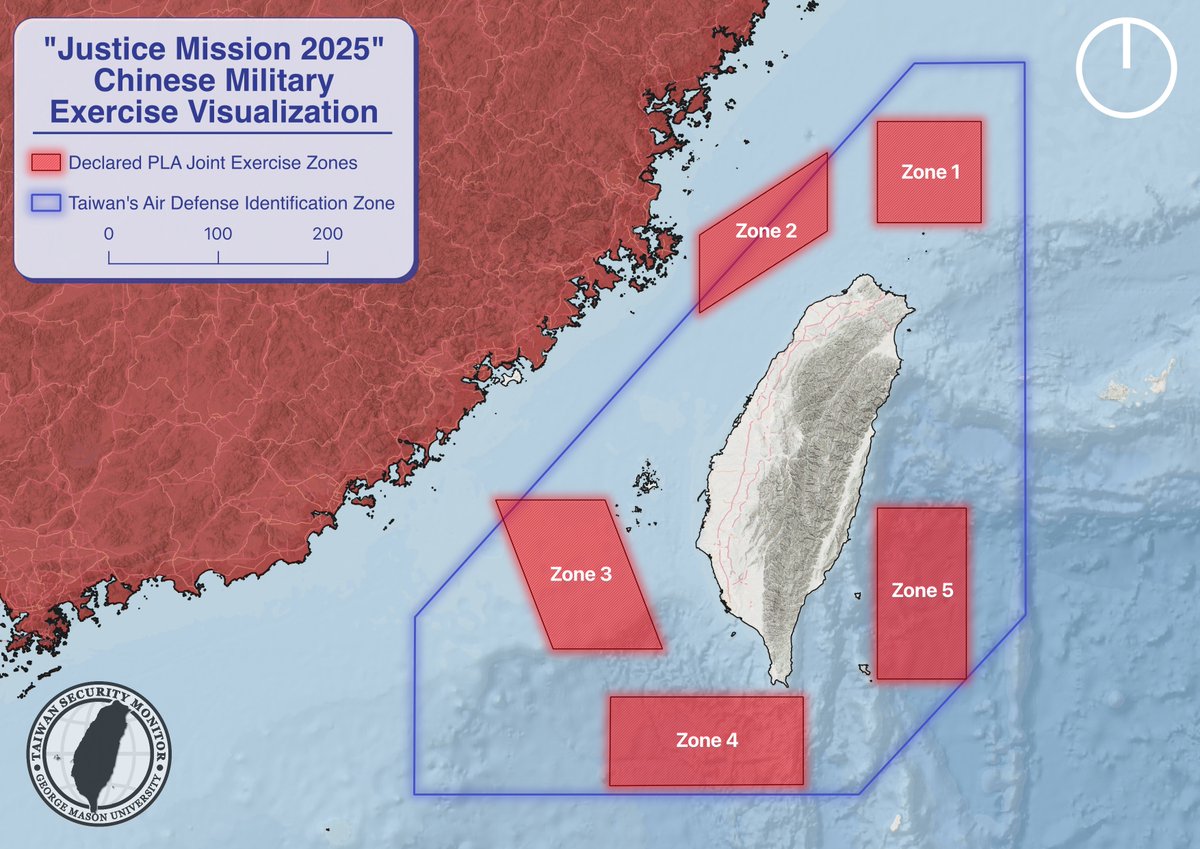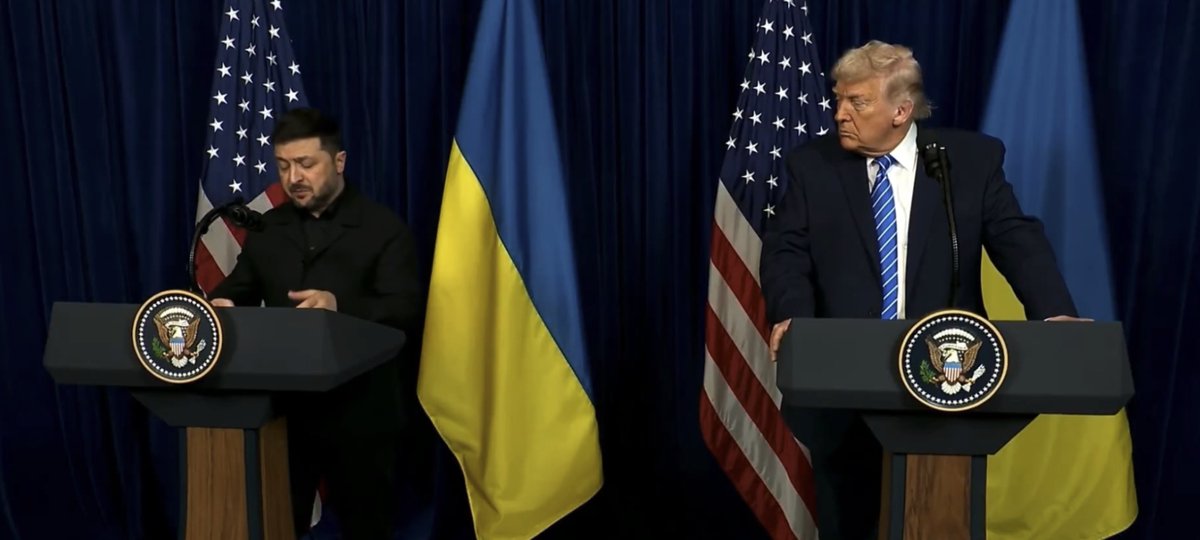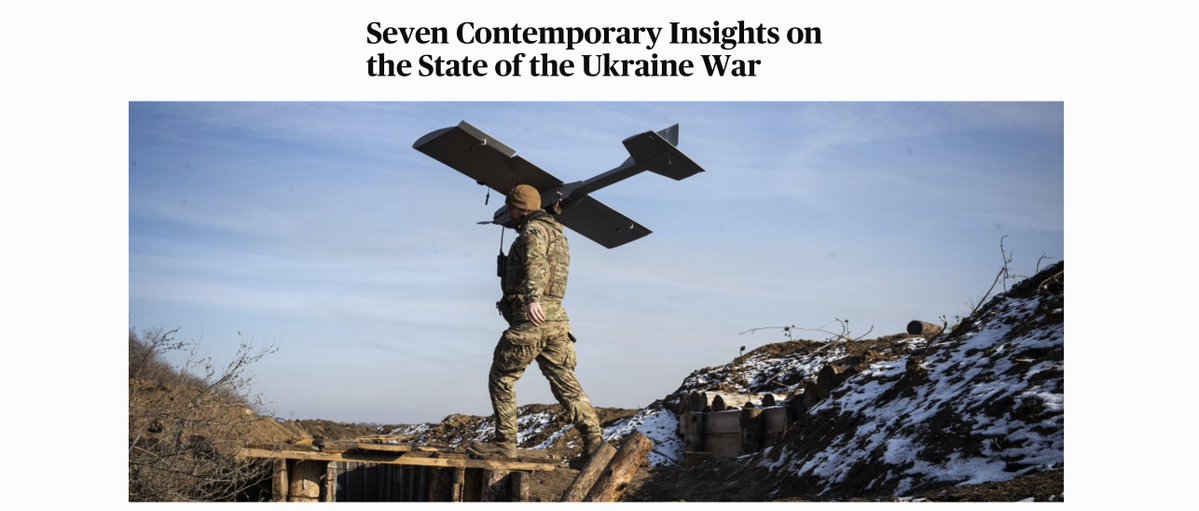It is too early to ascertain the method of attack and the range of implications of this attack on the Kerch Bridge. It is certainly a punch in the face for Putin on his birthday. A couple of thoughts however in this short (for me) thread. 1/9 🧵
https://twitter.com/Osinttechnical/status/1578605334062473216
2/ First dropping a bridge span like this would take a lot of ‘bang’ (explosives) and good demolition design. As a sapper, we plan these kind of things all the time. The hardest bridges to drop are reinforced concrete like this. (Image: @RALee85) 

3/ The amount of explosive required would be more than a few SF personnel could carry. A few trucks, or missiles / bombs would do the trick, if aimed at the right points of the bridge span.
4/ Second, the Ukrainians so far have been excellent at operational design and shaping operations in advance of their advances. This could be part of their design for taking back Crimea in the short term - or part of a deception operation to distract from other areas.
5/ Either way, it presents the Russians with a significant problem. It doesn’t stop resupply to Crimea (there are boats and the route through Melitopol), but it makes holding Melitopol even more important for the Russians. (Image: @TheStudyofWar) 

6/ This would be the point in a class that the instructor would ask “so, what do we think the next operational objective for the Ukrainians might be?” Because of this, we may see Russian redeployments in the south, which will unveil other weaknesses & opportunities for #Ukraine.
7/ A third and final point: this is a massive influence operation win for Ukraine. Even if they didn’t do it, it is a demonstration to Russians, and the rest of the world, that Russia’s military cannot protect any of the provinces it recently annexed.
8/ And if we were impressed by the outflow of Russians after the recent naval aviation base attack, the rush to leave Crimea will be probably be even greater now. Lack of confidence in Putin and his military will grow.
9/ I am sure we will learn more details in the coming hours and days. But this ‘smoking incident’ is sure to be linked to other events in Ukraine’s overall military strategy. A bad month for Russia just keeps getting worse. Good. End. 

Another good image, courtesy of @DarthPutinKGB 
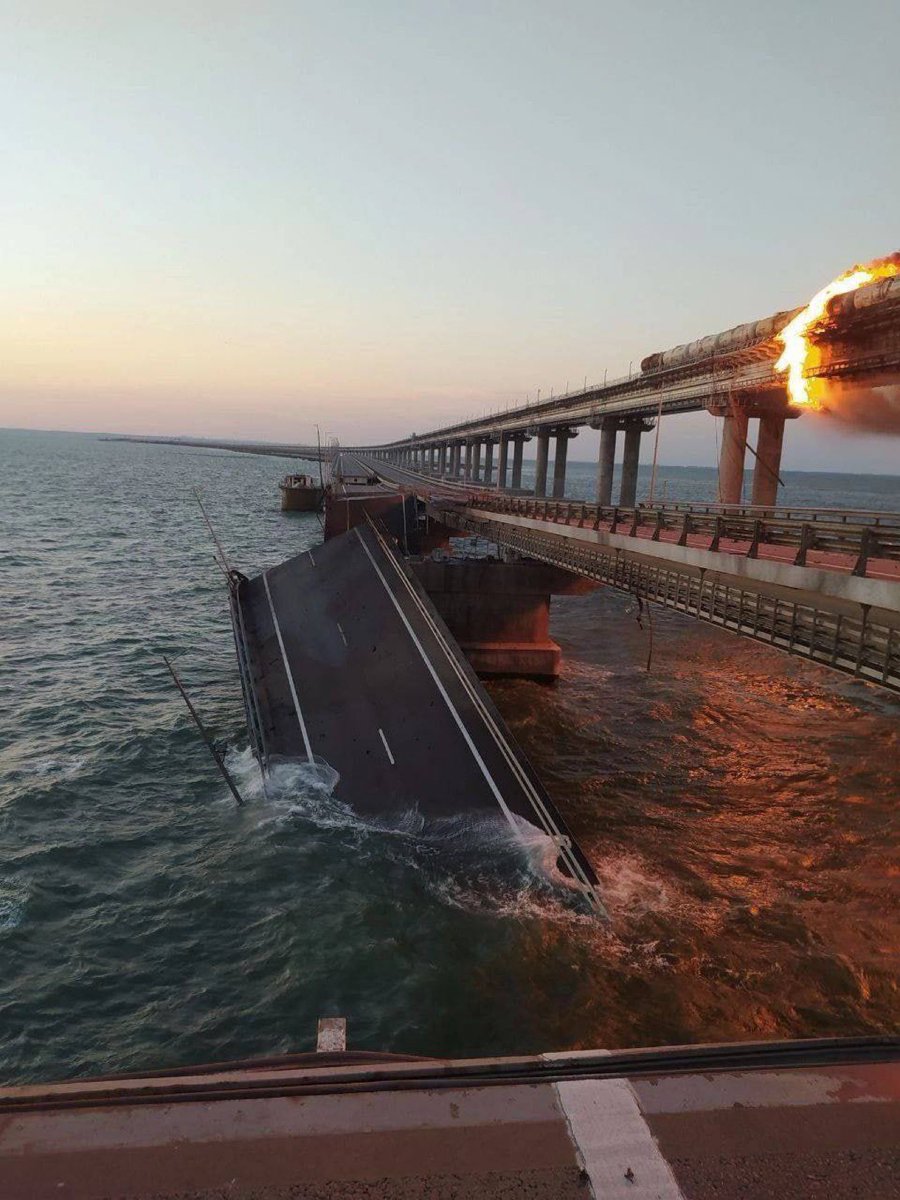
• • •
Missing some Tweet in this thread? You can try to
force a refresh



